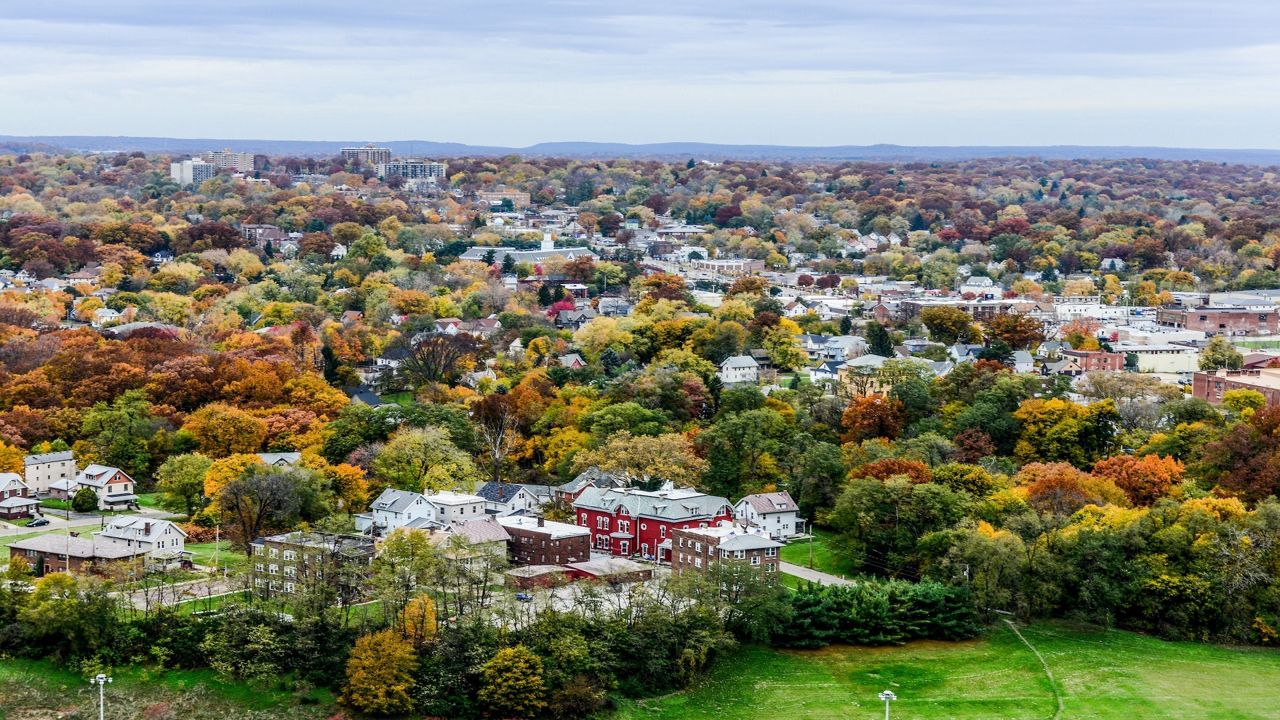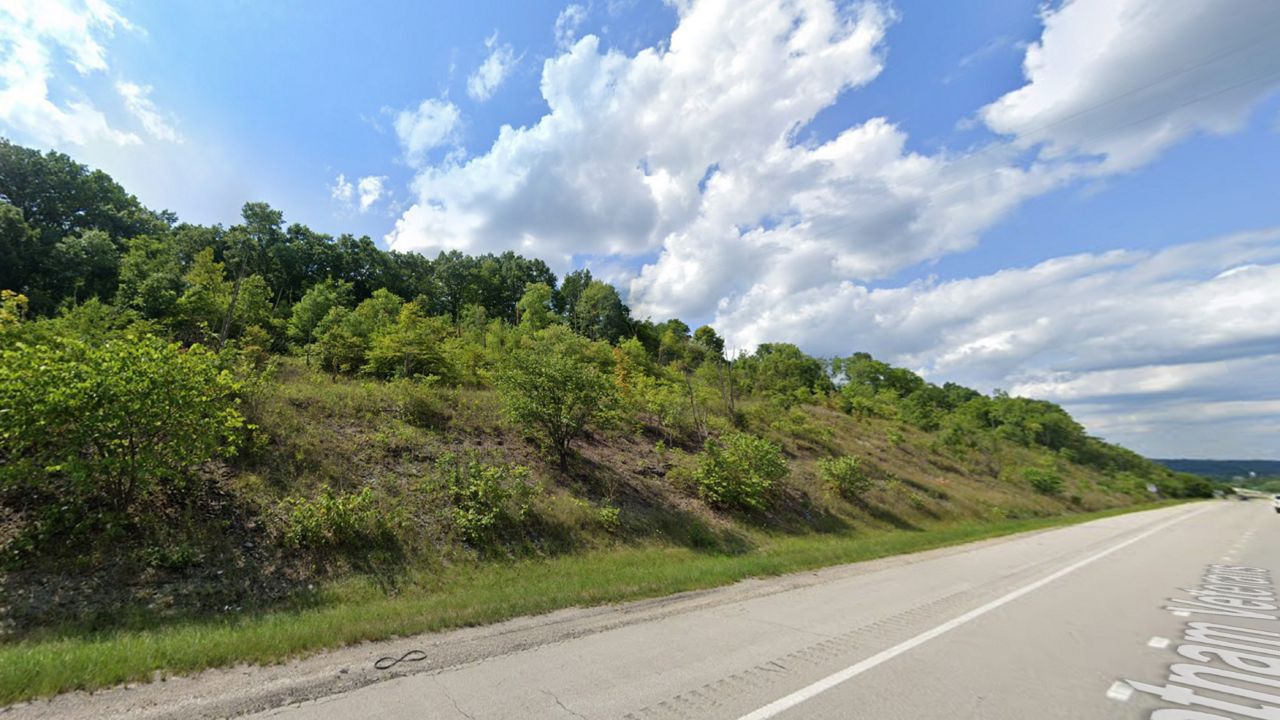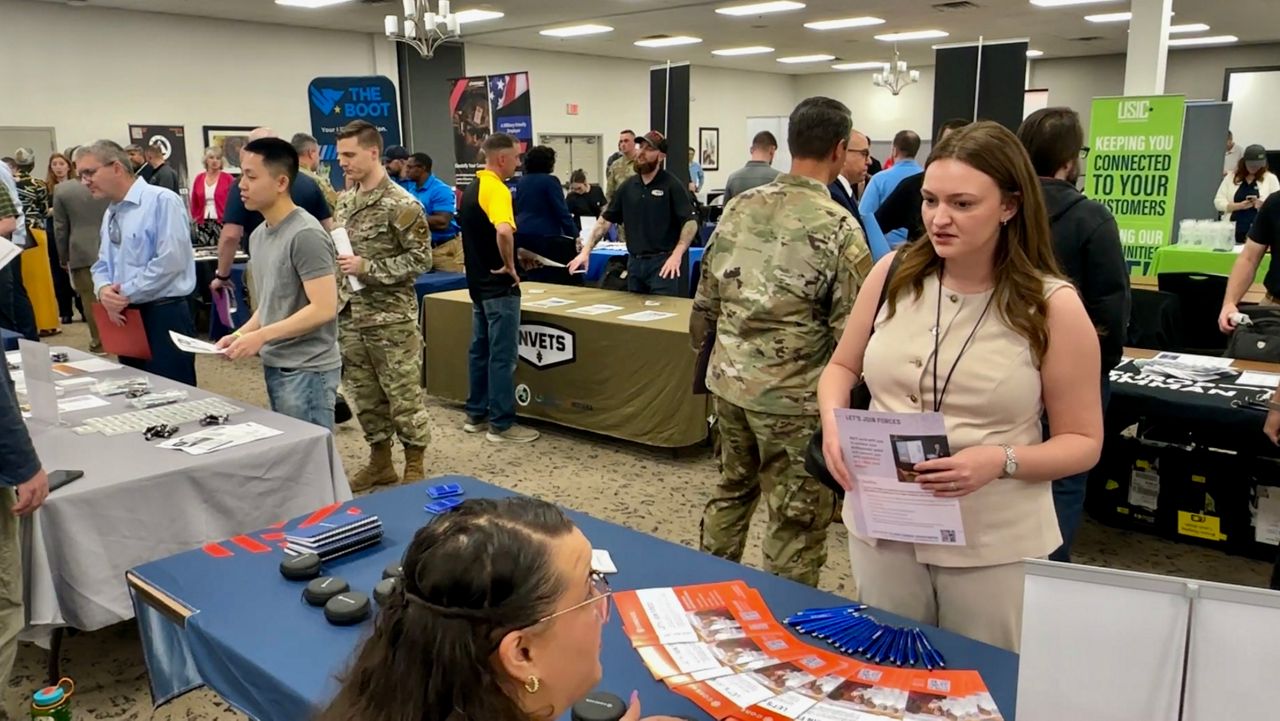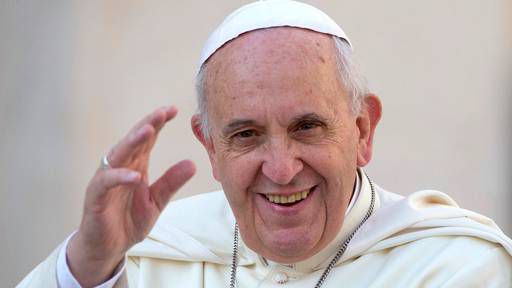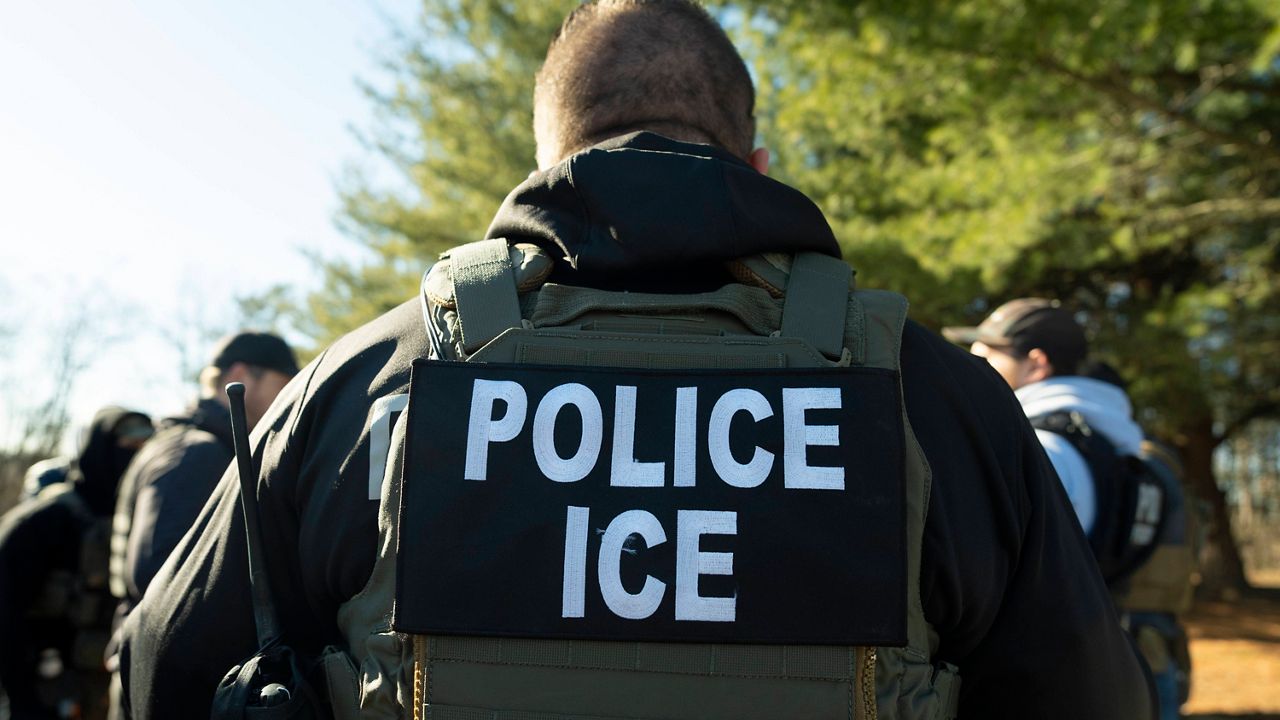AKRON, Ohio — Akron City Council this week approved a city-wide ban on conversion therapy for minors.
Signed by Mayor Dan Horrigan and council members Tara Mosley, Nancy Holland, Shammas Malik and Sharon Connor, the ordinance was passed unanimously by City Council after several speakers representing local agencies addressed the rules committee earlier in the day.
Conversion therapy, which uses psychological, spiritual and sometimes physical approaches to attempt to alter a person’s gender identity and/or sexual orientation, is opposed by the American Psychiatric Association, American Academy of Child and Adolescent Psychiatry, American Medical Association and other groups.
With Akron, Ohio now counts 11 cities with laws on the books banning licensed, mental-health practitioners from using conversion therapy on minors, according to the Movement Advance Project.
The Akron ordinance goes into effect immediately. Enforcement will be carried out by the Akron Civil Rights Commission, which can investigate and consider complaints and issue orders and penalties on complaints about violations, the city said. Complaints can be filed online.
Holland, a co-sponsor of the legislation, pointed to the health practitrioners opposing the practice and said the experts have determined that conversion therapy is not only deeply damaging, in some cases “it is tantamount to torture.”
Councilwoman Linda Omobien said she conducted research on conversion therapy.
“I could find absolutely nothing to say that this is a good thing for children or anyone else,” she said. “Everything that I read about it indicates that it does more harm to children, psychiatrically and physically, in any way you can think of.”
Casey Pick, senior fellow for advocacy and government affairs at the Trevor Project, told council members a common misperception is that conversion therapy mostly affects white, gay boys.
The truth is, she said, it disproportionately affects Latinx, mixed-race, and native and indigenous kids.
According to the Trevor Project’s research, kids subjected to conversion therapy reported attempting suicide at more than twice the rate of their peers, she said.
In the past 12 months, the Trevor Project’s crisis services have responded to more than 7,600 young people, or about 12%, of the roughly 67,000 LGBTQ kids who have seriously considered suicide in the past year, she said.
Alana Jochum, executive director of Equality Ohio, said legislation at the state level that would protect kids across the state from conversion therapy has been pending for several years.
Many parents who send a child to conversion therapy do not intentionally mean harm, she said.
“Having a public conversation like this is an invaluable educational event to bring awareness that the assurances the practitioners of conversion therapy offer, that it is somehow possible to change the young person's sexual orientation, are simply lies, and that those lies have negative consequences for ordinary people,” Jochum said.
Also addressing the council was Rebecca Callahan, executive director of CANAPI. Callahan referenced an LGBTQ needs assessment study conducted in Summit and surrounding counties in 2020.
She shared comments made by survey respondents about forced conversion therapy, and the need for community education.
One respondent said there is a need to educate people who reject the LGBTQ community based on religious beliefs about the dangers of conversion therapy.
Another respondent said private religious schools often support conversion therapy, quietly recommending it to parents who also need to be educated on its dangers.
“I worry constantly the other LGBTQ kids are being raised in the same darkness I was,” the respondent wrote.






